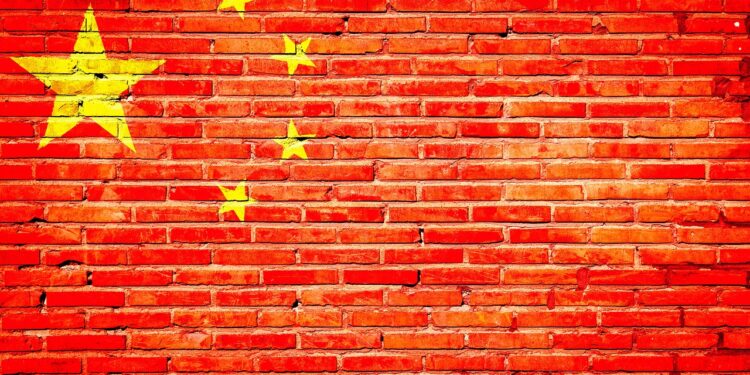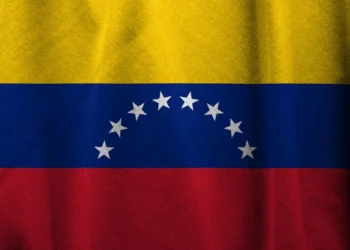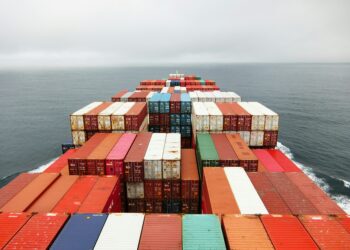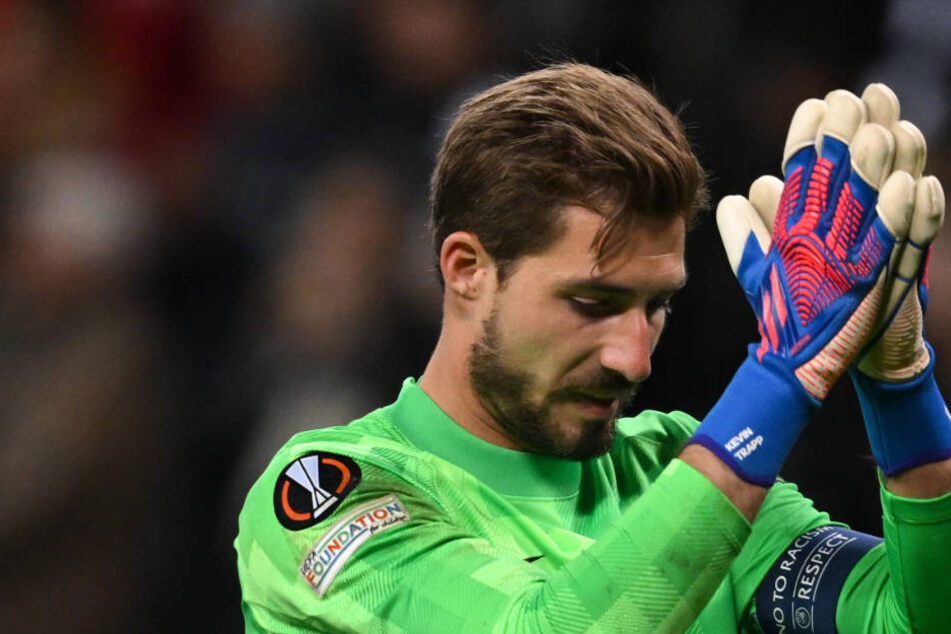This week, China is rolling out the red carpet for a summit in Beijing with leaders from 50 African nations. The agenda? Convincing them to buy more Chinese goods, especially electric vehicles and solar panels, before Western restrictions start to hit. In return, China is dangling more loans and investments, as it often does. But African leaders, who are gathering for this triennial event, aren’t just here for another sales pitch. They’re looking for answers, particularly about China’s unkept promise from 2021 to buy $300 billion worth of goods from Africa.
While China’s eco-friendly push may seem like a golden opportunity, African countries have learned to be wary. They’re keen to hear how China intends to wrap up its numerous half-finished infrastructure projects, like the railway that’s supposed to connect the greater East African region but remains more dream than reality.
What They Are saying
Eric Olander, co-founder of the China-Global South Project, puts it bluntly: “The prize will go to those countries who understand China’s shifting priorities and align their proposals accordingly. That’s a tall order for a continent that generally lacks in-depth knowledge about China.”
Despite its substantial role as Africa’s biggest lender, investor, and trade partner, China is now pulling back from funding large-scale projects across the continent. Instead, it’s pushing its advanced green technologies tech that, coincidentally, Chinese companies have heavily invested in and which now face a tough market in the West due to overcapacity issues.
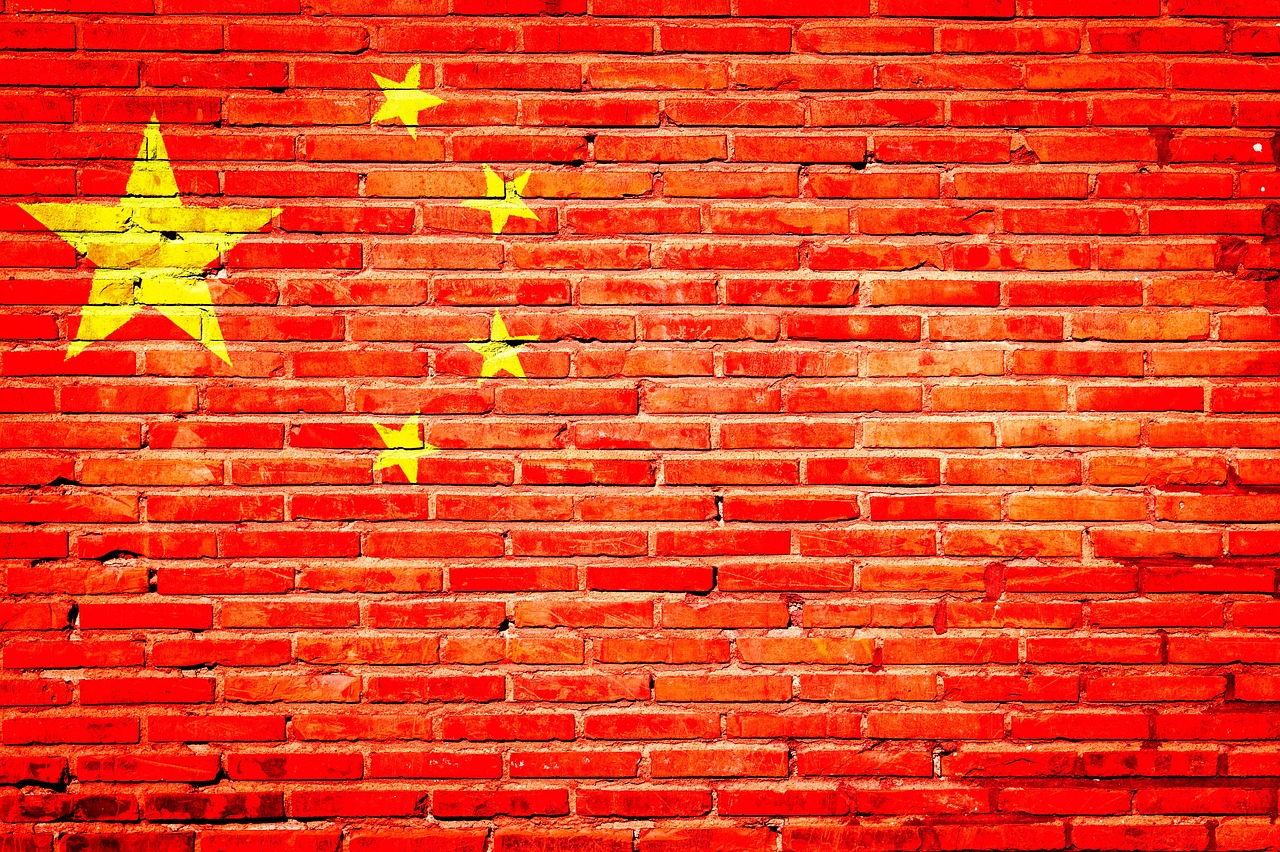
As Western restrictions on Chinese exports loom, Beijing’s new focus is clear: finding buyers for its electric vehicles and solar panels, while also setting up production bases in emerging markets. The narrative is already shifting; China has begun altering loan conditions, steering funds towards solar farms, electric vehicle plants, and 5G Wi-Fi facilities, and away from bridges, ports, and railways. Data from Boston University’s Global Development Policy Centre reveals that last year, China issued only 13 loans totaling a modest $4.2 billion to eight African states and two regional banks, with a mere $500 million earmarked for hydropower and solar projects.
When President Xi Jinping inaugurates the ninth Forum on China-Africa Cooperation Summit, he’ll be pitching this new green narrative to leaders from countries like Gambia, Kenya, Nigeria, South Africa, and Zimbabwe. Conspicuously absent will be delegates from Eswatini, the sole African nation without diplomatic ties to Beijing.
Why It Matters
But Africa isn’t just a passive participant in this geopolitical dance. The United States, sensing a threat to its influence, has begun hosting its own summits with African leaders. Other nations, including Britain, Italy, Russia, and South Korea, have followed suit, recognizing Africa’s vast potential, especially given its young population and 54 votes in the United Nations.
Despite this competition, China’s economic clout makes its meetings the headline act. As Hannah Ryder, founder of Development Reimagined, an African-owned consultancy, notes, “No other development partner does as much as China. But the real question is, can African leaders negotiate deals that tip the scales more in their favour?”
China, of course, has its own shopping list. It’s eager to discuss boosting trade and gaining access to vital minerals like copper, cobalt, and lithium from countries such as Botswana, Namibia, and Zimbabwe. However, Beijing is cautious about making new funding commitments after recent debt restructuring efforts in countries like Chad, Ethiopia, Ghana, and Zambia. As Lina Benabdallah from the Centre for African Studies at Harvard University observes, “We are likely to see continued caution in financing mega projects. Instead, Beijing will push for technology transfers.”
Investors like Yvette Babb, a portfolio manager at William Blair, are watching closely: “I’m very interested in how many new financial commitments come out of this and how China plans to handle existing African debt.”
China’s willingness to lend is also likely tempered by growing security concerns. Recent incidents, such as the killing of six Nigerien soldiers guarding a PetroChina-backed pipeline and violent protests in Kenya over tax hikes, are likely weighing heavily on Beijing’s mind.
Bottom Line
So, as the summit kicks off, African leaders have some hard questions for China. And for once, they might not be willing to settle for vague promises and shiny new gadgets. The game has changed, and both sides know it.

